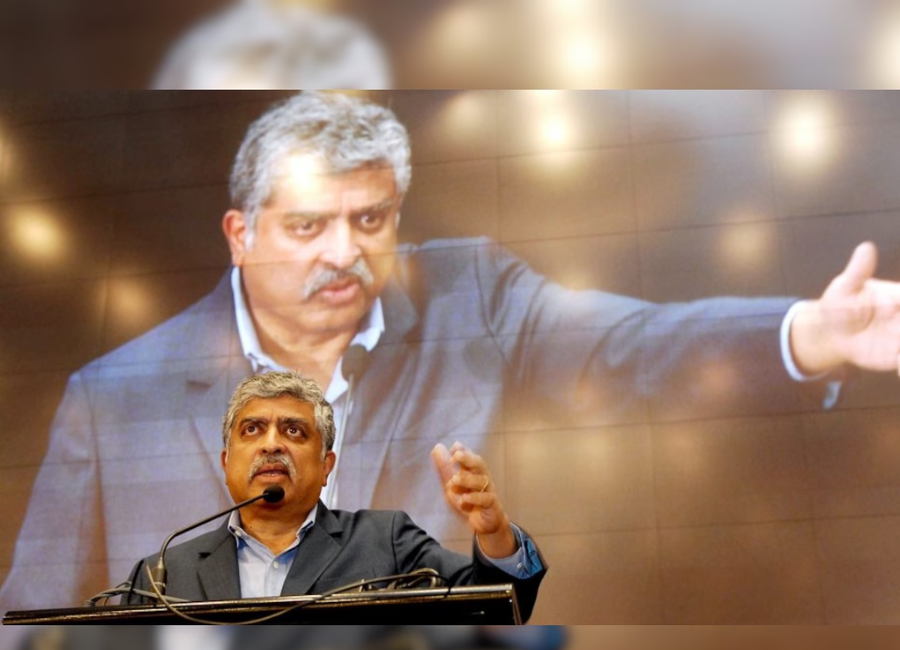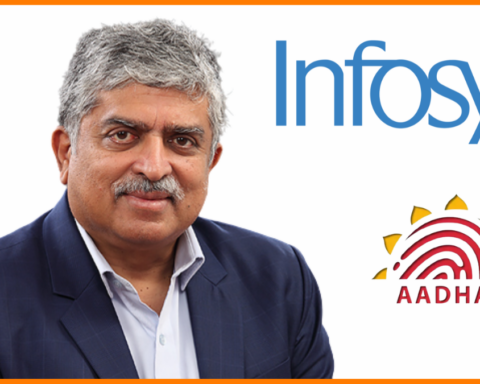In a recent address at the Global Technology Summit, Nandan Nilekani, a veteran in the tech industry and co-founder of Infosys, underscored the pivotal role of data over an excessive focus on models in the realm of Artificial Intelligence (AI). Nilekani’s discussion traversed the evolution from Digital Public Infrastructure (DPI) to the burgeoning Digital Public Intelligence, shedding light on the transformative potential of this shift within India’s technological landscape.
Highlighting the scarcity of Indian language data, audio data, and local data, Nilekani emphasized the need to address the data problem. He advocated for organizing data in a model-agnostic manner, leveraging open-source models, and fine-tuning them with indigenous data. Nilekani predicted that within the next three years, models would become a commodity, advising against engaging in a “model rat race” and instead focusing efforts on fixing the data problem.
Responding to concerns about restrictions on open-source models, Nilekani expressed optimism that market forces would drive towards permissibility. He stressed the importance of ensuring models’ permissibility for broader usage and competitiveness. Nilekani stated, “I’m making a bet that open-source models will become more and more permissible. There’s also going to be competition. If I have two open-source models and one of them is permissible and one is restrictive, I’ll use the permissible one. Markets will take care of this. You want your model to flourish, then you please make it permissible.”

Nilekani delved into the journey of Digital Public Infrastructure, highlighting its transformative impact on addressing multifaceted challenges in India. From the revolutionary Aadhaar platform, providing identity to over 1.3 billion people, to electronic KYC catalyzing the surge in bank accounts through the Jandhan Yojana program, Nilekani illustrated how DPI has shaped India’s digital landscape.
The discussion also explored strides made in digital payments through UPI, witnessing remarkable growth from zero transactions to 11 billion per month, benefiting over 350 million individuals and 50 million merchants nationwide.
Nilekani championed the concept of DPI characterized by interoperability, reusable building blocks, innovation, and a focus on security and privacy. He highlighted the emergence of digital capital, emphasizing how transactions in the digital realm generate data capital, transforming India’s credit system and driving economic growth.
Transitioning to the role of AI, Nilekani emphasized the need to demystify complexity and democratize knowledge accessibility, particularly in regional languages, empowering individuals across diverse sectors. He highlighted ongoing AI initiatives in language learning, healthcare, agriculture, and public services.
Nilekani’s vision revolves around applying AI from an ‘outside-in’ perspective, focusing on compelling use cases that address real-life challenges faced by a billion people. He stressed the importance of smaller, task-specific models trained on relevant data, emphasizing the need for affordable AI accessible to the masses.
In essence, Nilekani’s insights underscored the transition from DPI to DPI powered by AI, emphasizing the potential to amplify and solve India’s challenges through strategic data-centric AI deployment. His expertise, especially in implementing Aadhaar, has positioned him as a prominent figure in India’s corporate and social landscape, contributing significantly to the intersection of technology, business, and public service.







